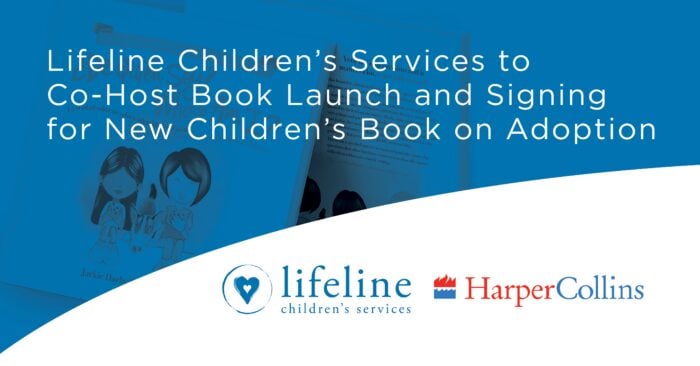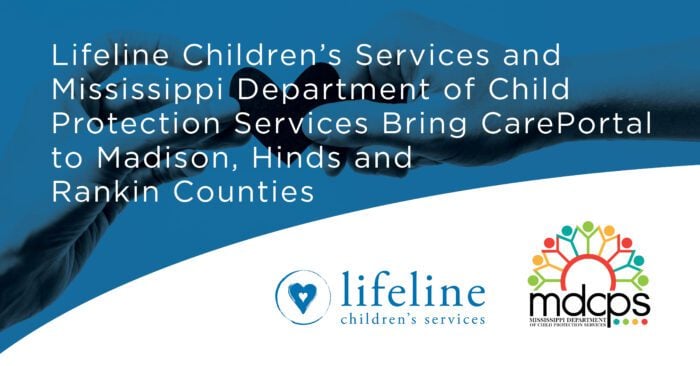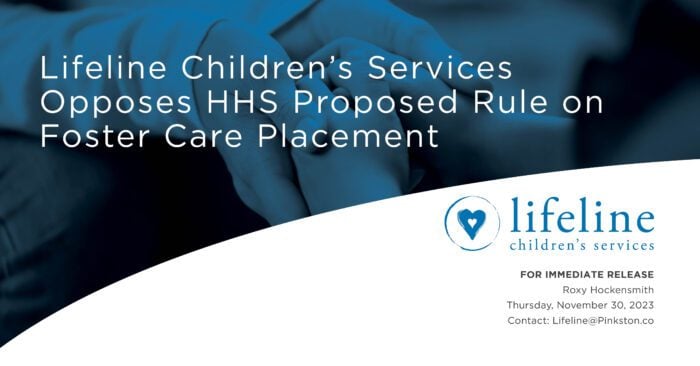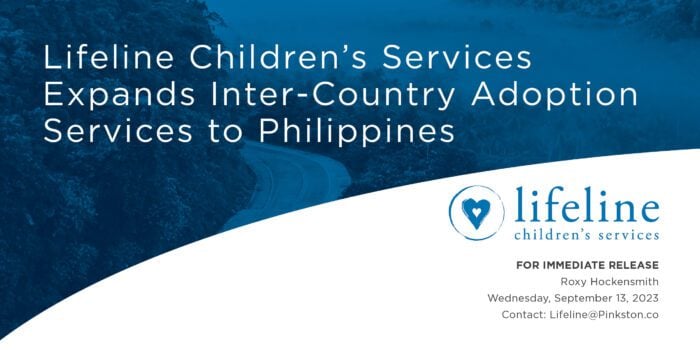On the October 23rd edition of The Defender Podcast, Herbie Newell invited Sheryl Turner and Allison Sinclair to discuss how homeschooling has impacted their families, specifically regarding children who have come into their families through adoption.
Sheryl is a mother to five children, three of whom became part of their family through international adoption. She is a veteran of homeschooling, and has homeschooled all of her children. Her oldest daughters have now completed high school and successfully and joyfully navigate life.
Allison is a mother to four children, two of whom entered her family through adoption. Three of her children attend public school, and she began homeschooling one of her children this year after evaluating best options for him. Although not an easy decision for her, she has seen growth and benefits from homeschooling her son, with his specific needs and background from adoption.
Sheryl and Allison shared benefits and challenges that they have seen in their experiences. Overall, benefits to homeschooling often focus on the tremendous ability to customize the educational process to each child, considering their strengths and weaknesses. The other side of this benefit is also a great challenge. Because every family and every child is different, a family homeschooling five children will likely engage in five different curriculums and run five different “schools” all at once. Parents, then, must strive constantly to be ahead of their students and to be knowledgeable of what each child is doing. Another benefit is being able to do school from home or anywhere else. Similar to customization, this benefit also comes with challenges. Because you live at your school, parents must set firm boundaries so that students (and teachers) are not pressured to work all day.
Specifically, though, Sheryl and Allison have seen benefits for their unique children who have come into their home through adoption:
- Their children weren’t compared to anyone else in their class.
- Initially, some of their children would be behind in other classes because English wasn’t their first language.
- Their children needed help to learn the basic concepts.
- Homeschooling gives extra time to catch up to grade level studies.
- Parents are able to know and work with weak throughout various daily experiences.
- The friendship between parent and child can be so much deeper as they know each other well. (However, Allison expressed that homeschooling would strain her relationship with one of her daughters, so it is not a blanket benefit.)
- When a child is not necessarily struggling academically but is more lacking in social awareness, self-esteem, and self control, homeschooling enables parents to coach children through situations that come up as they encounter circumstances in the day.
When discussing academic challenges with her children, Sheryl noted that there are many resources available to help children, including learning therapy, art therapy, play therapy, music therapy, and equestrian therapy. Children from difficult backgrounds often have a delay in academics and may need help in giving their brain tools to learn effectively. The key to helping your children is knowing and understanding what kind of help they need. Therefore, testing is highly important. She recommends searching for a place that can provide learning assessments and testing for children so that you can get answers and help with whatever challenges they face.
Lifeline has also begun a new resource called Bridge Educational Services that can assist families with learning assessments and help create a bridge between frustrations of learning and education with hope. These services are available to families of children in public school, private school, or who are homeschooled. Reach out today to find hope in meeting your child’s educational needs.
Listen to the entire podcast here, as Sheryl and Allison share more about their journeys to homeschooling, choosing curriculum, and finding community support.




